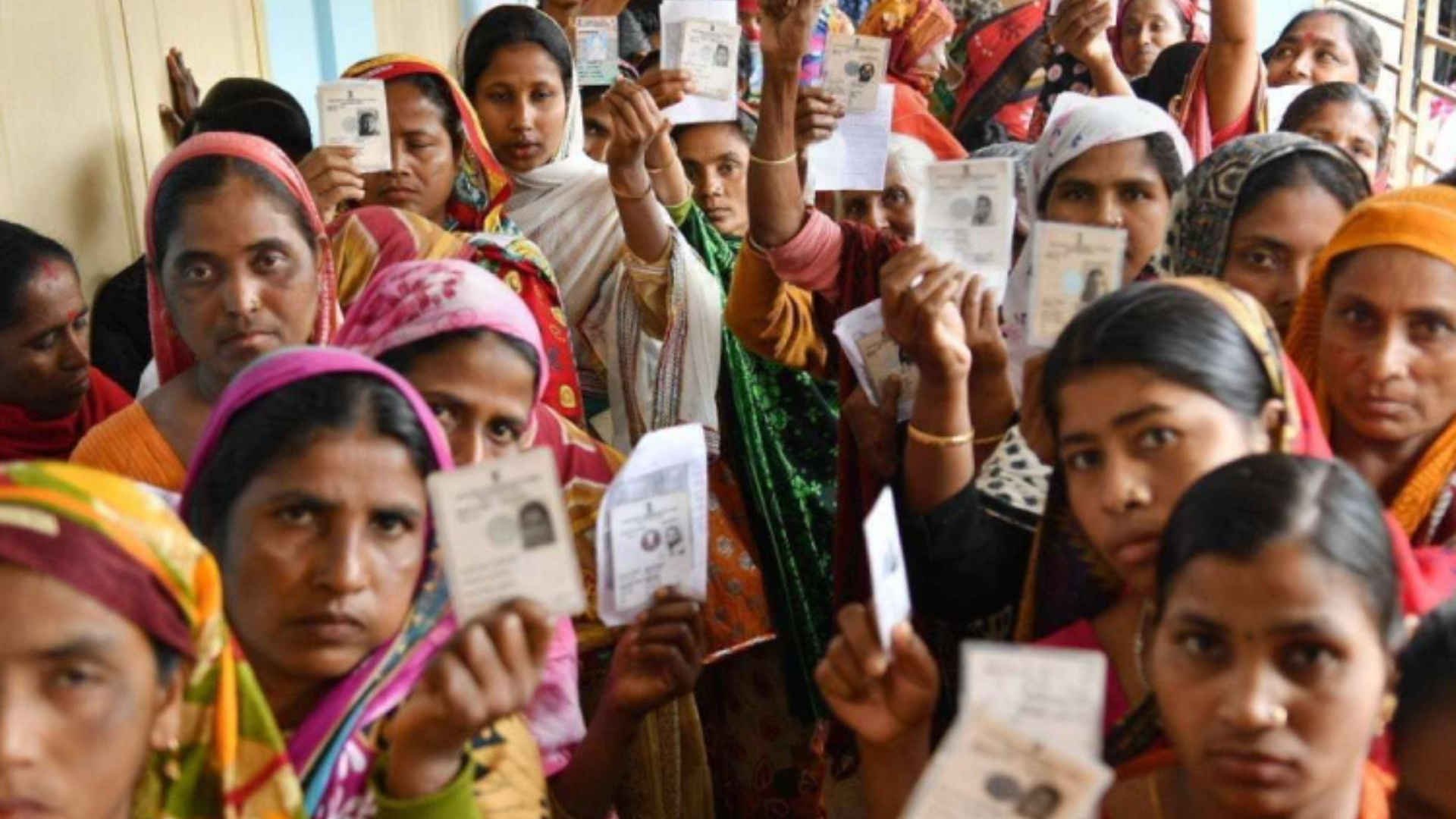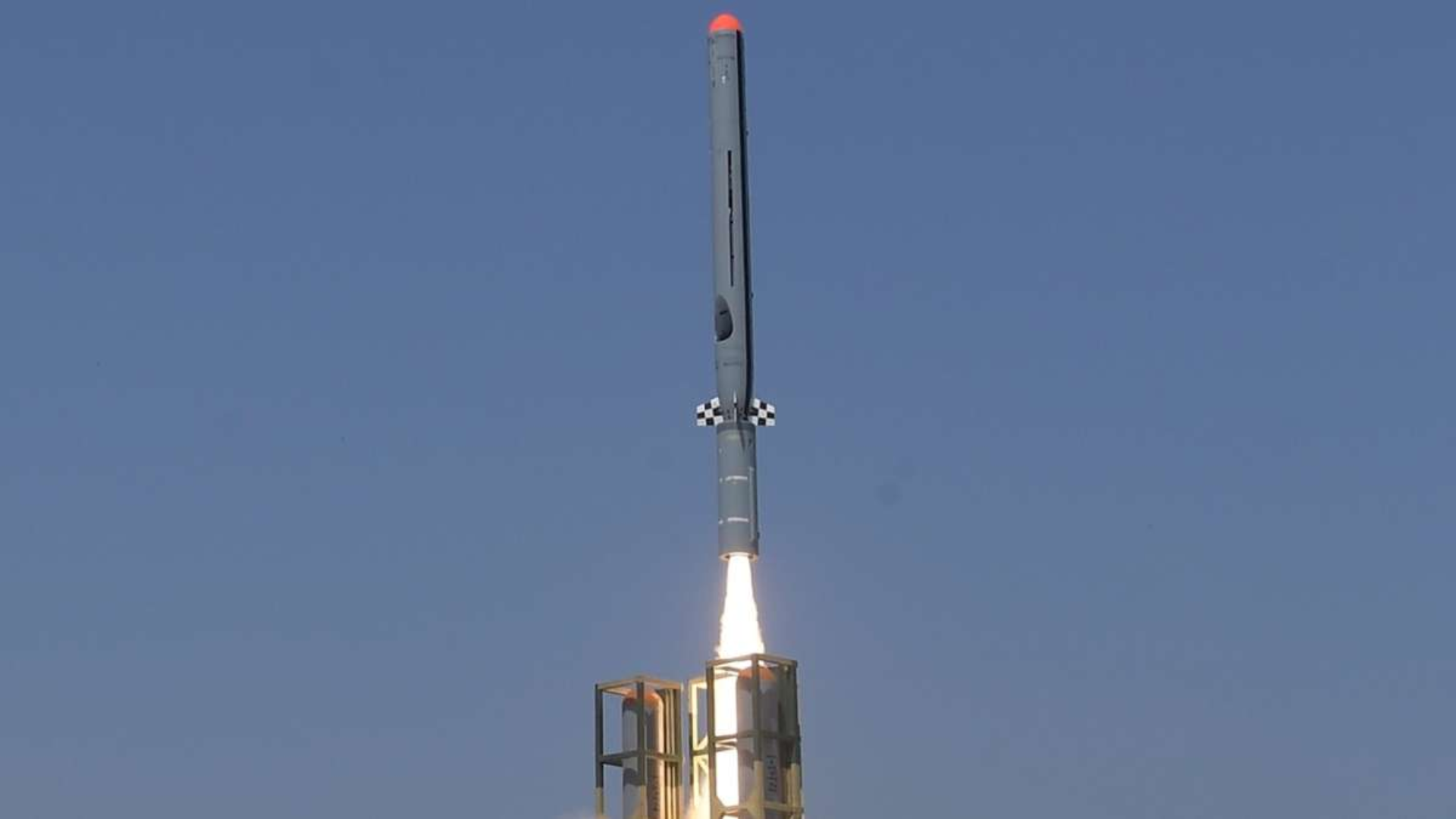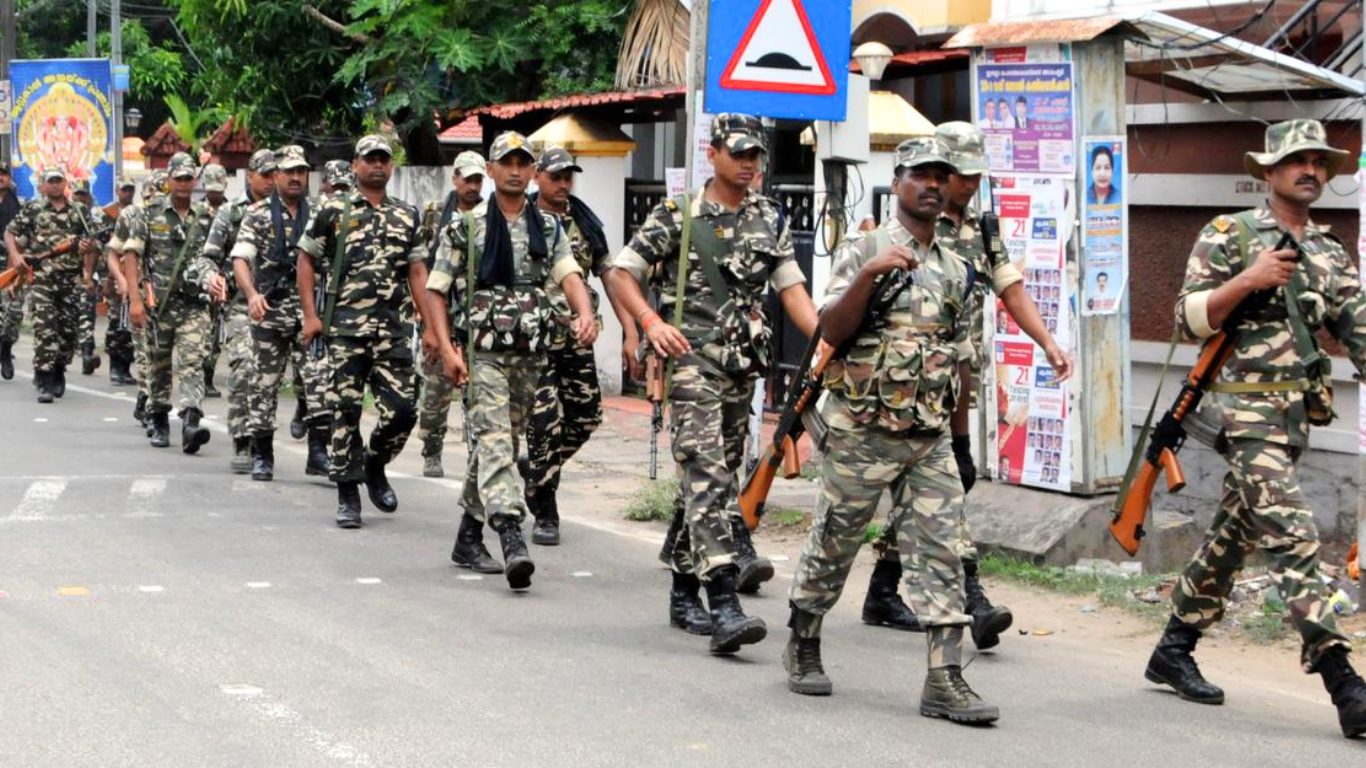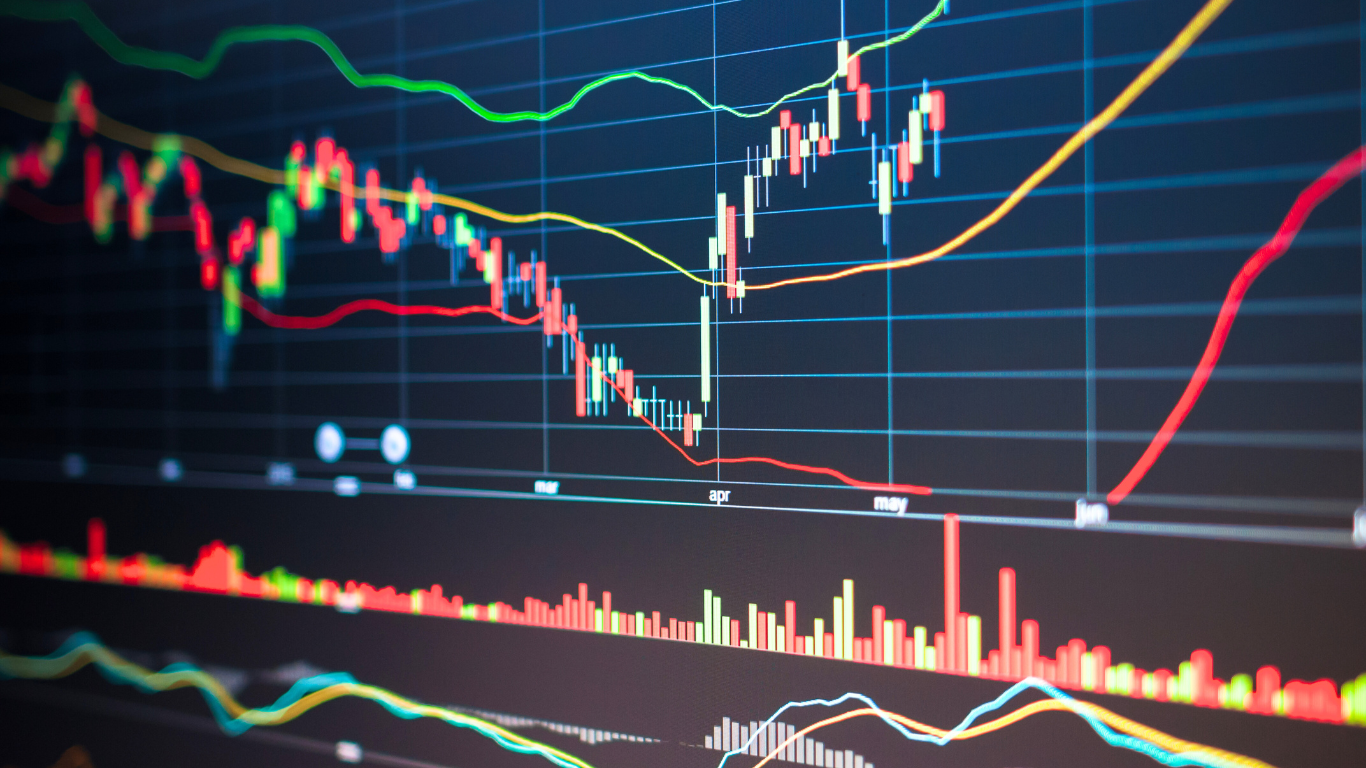



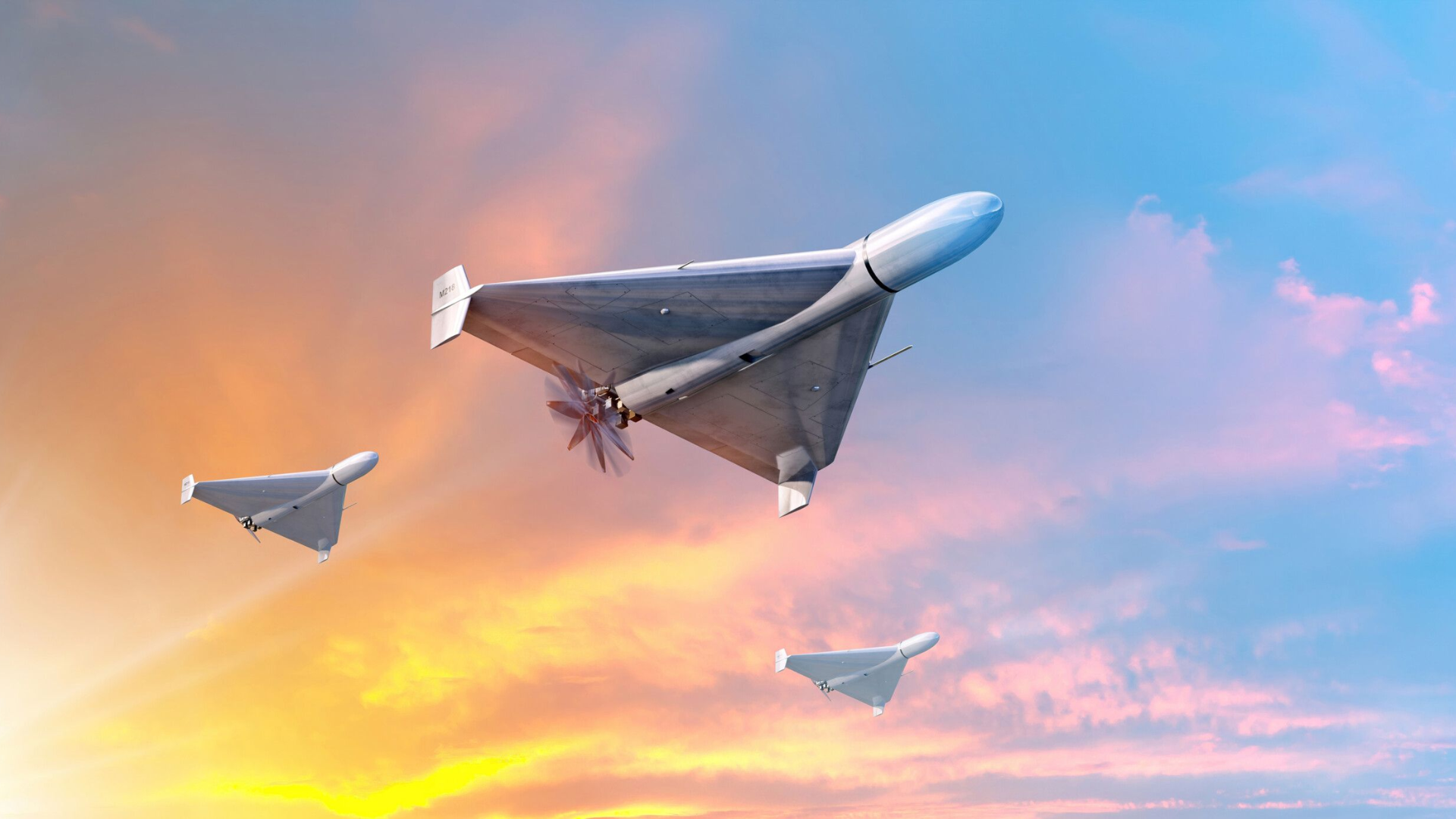
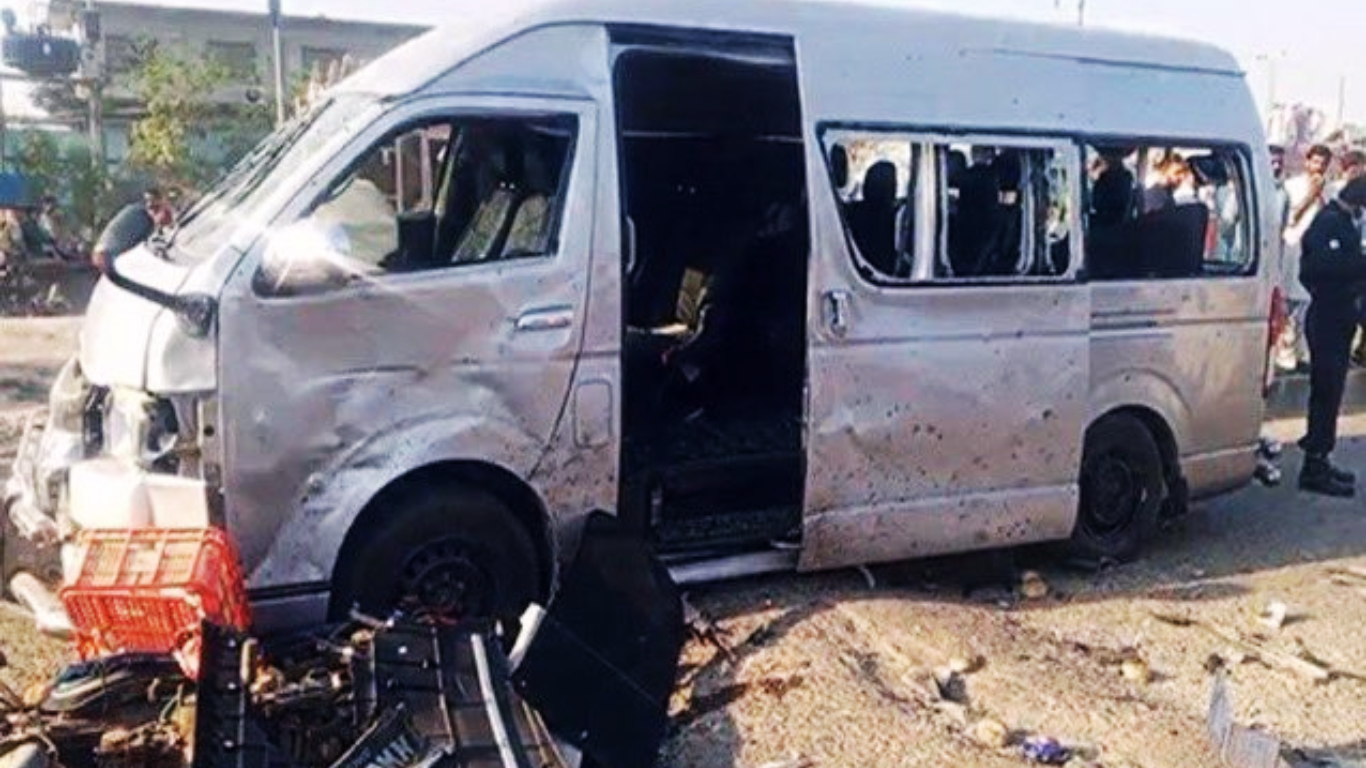
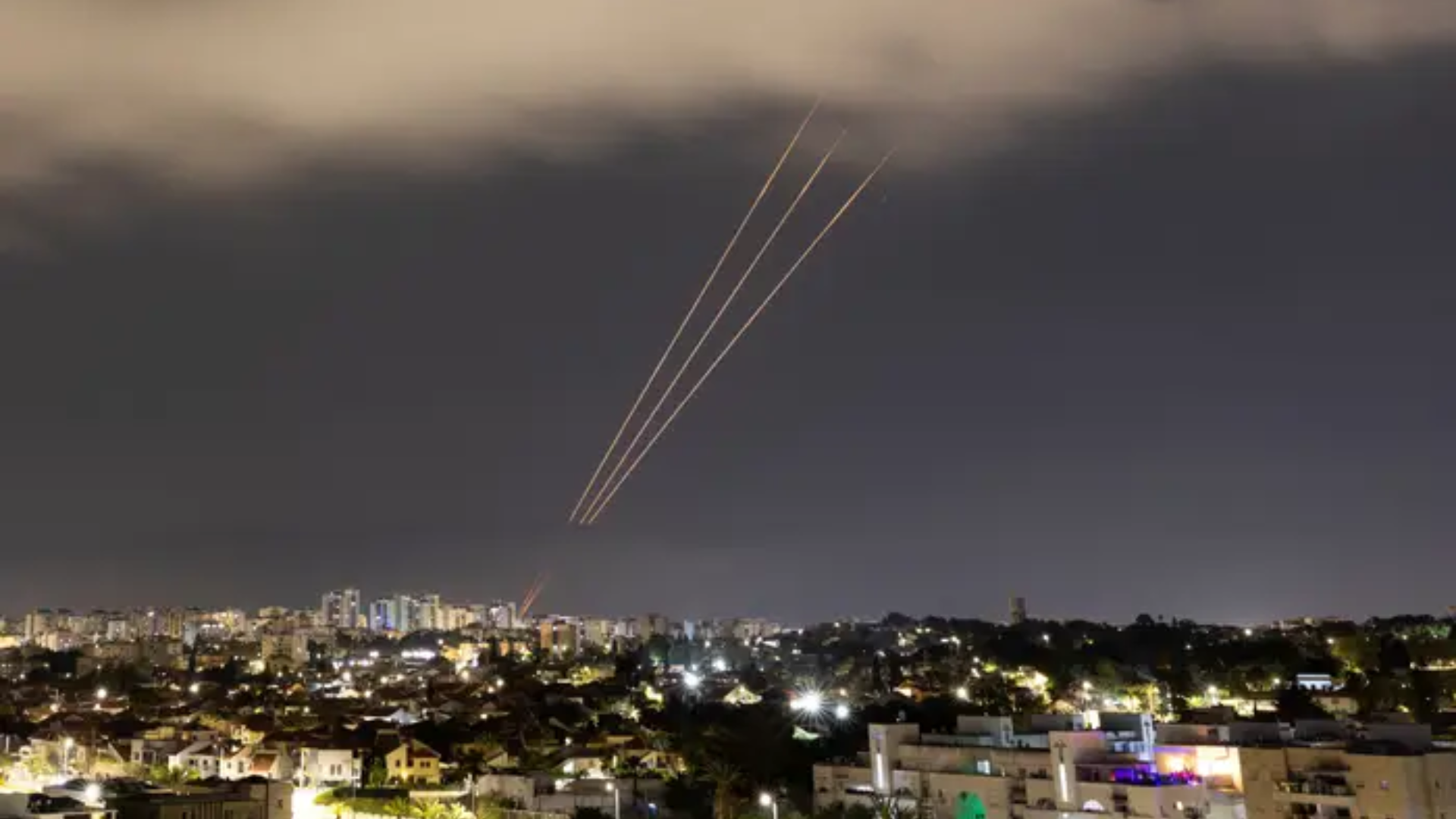
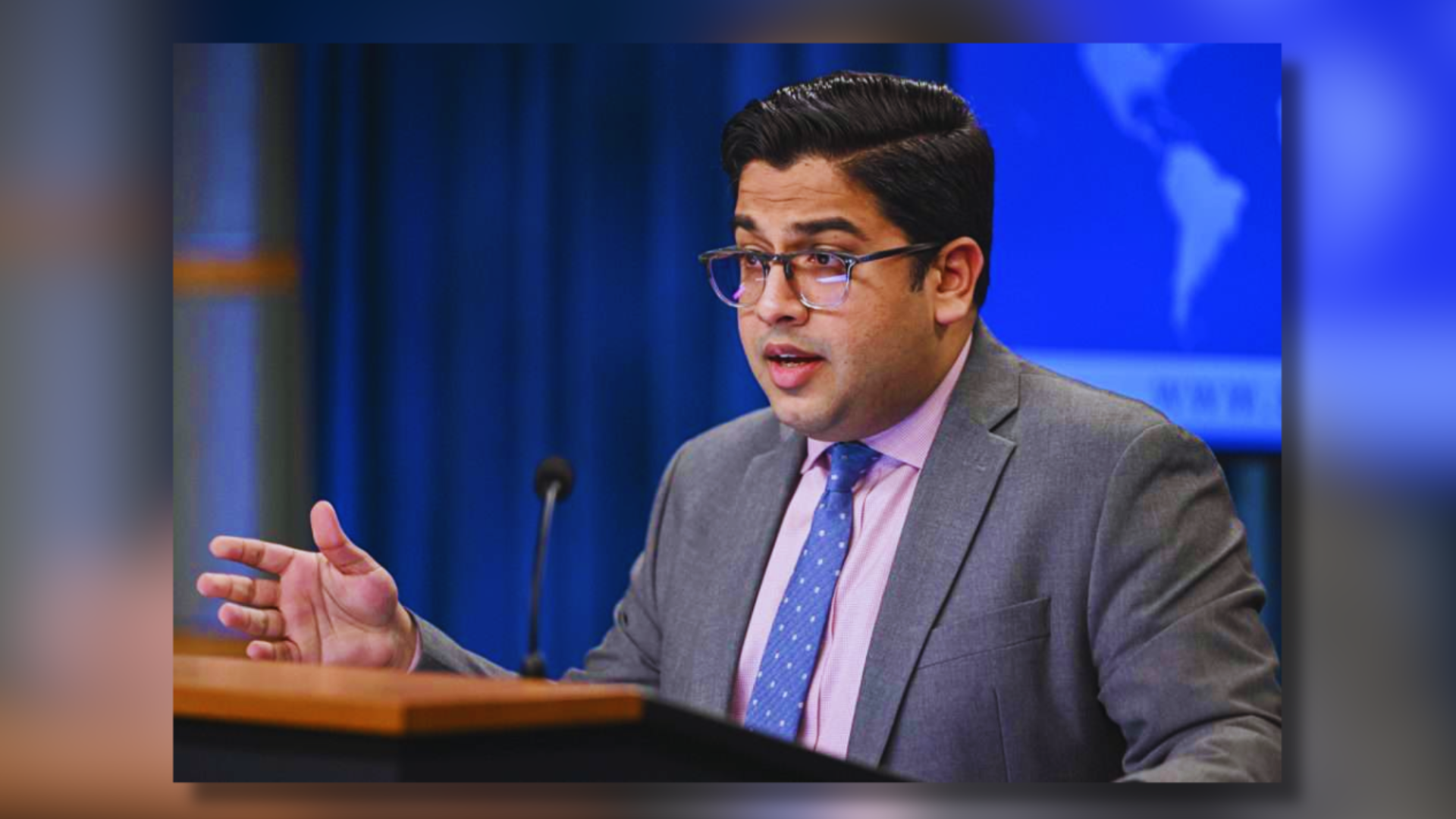
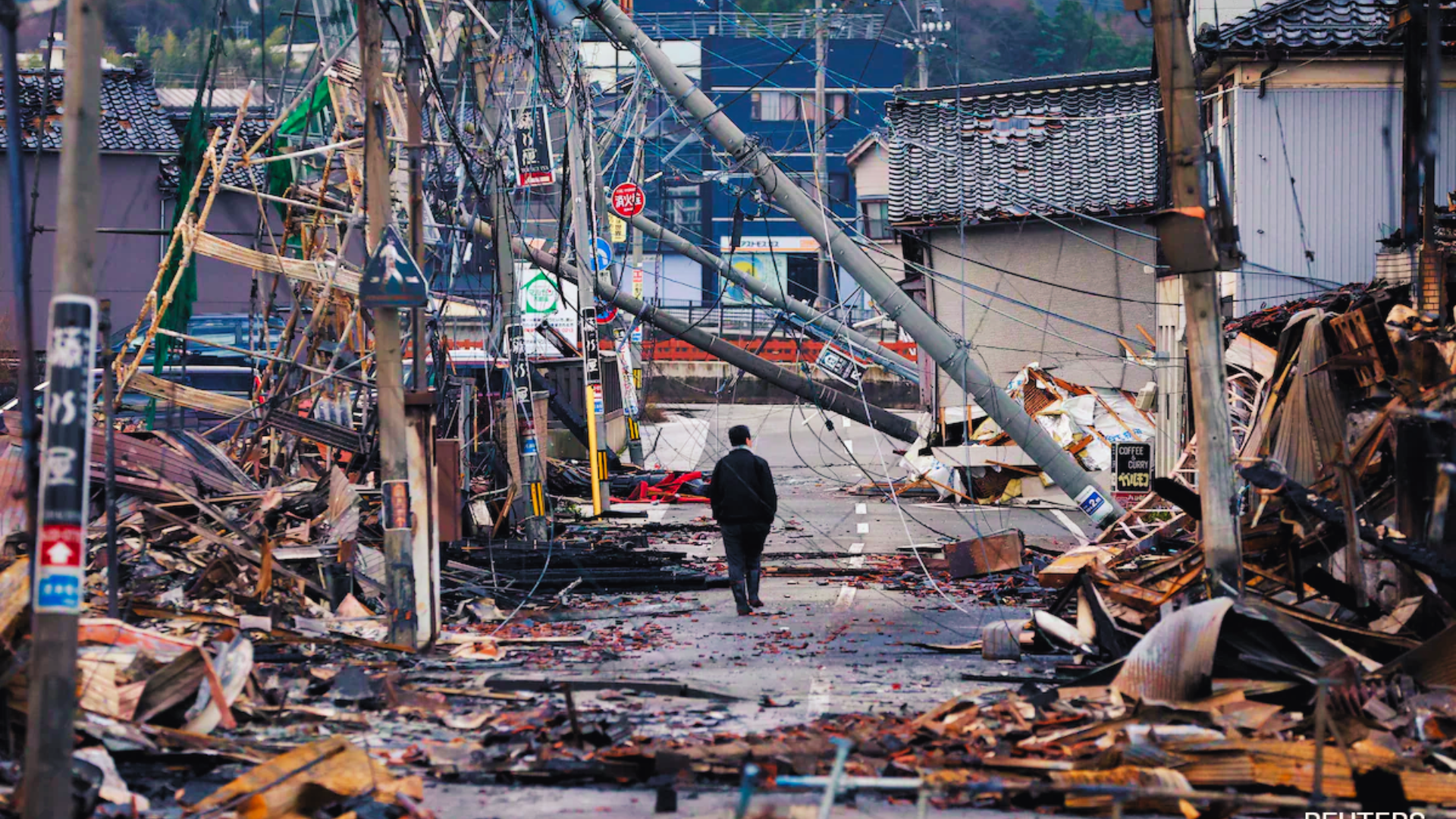
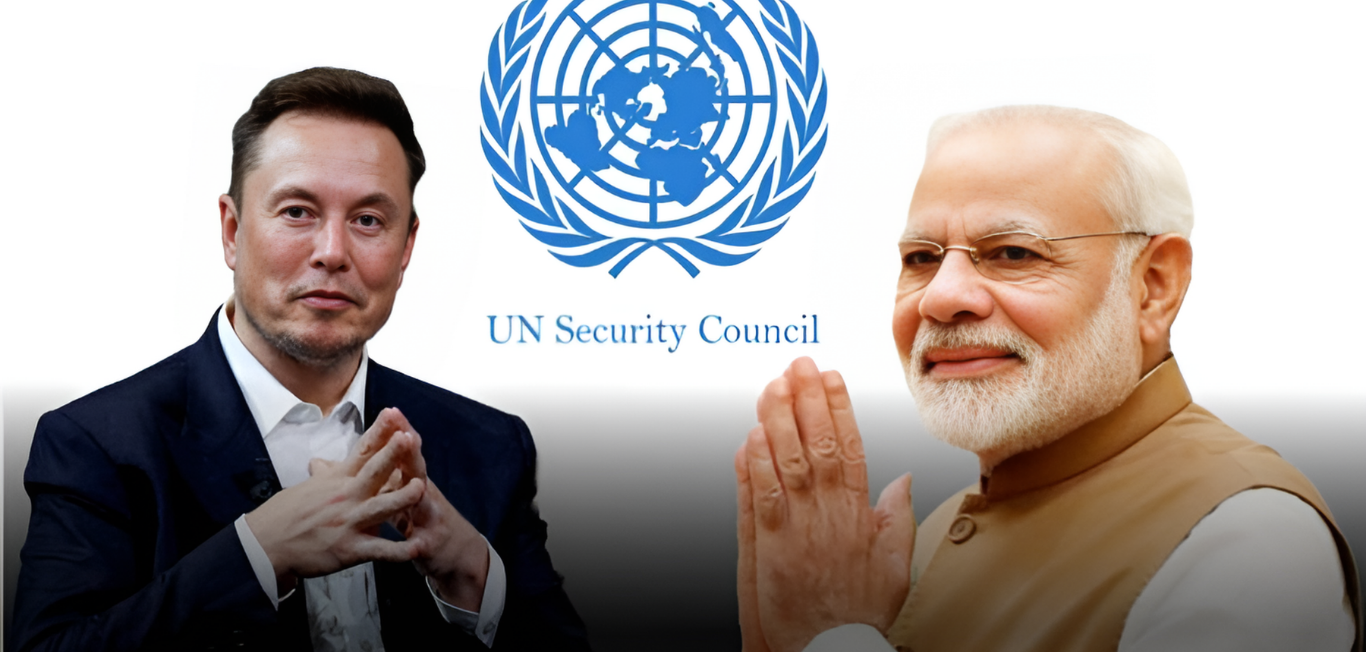
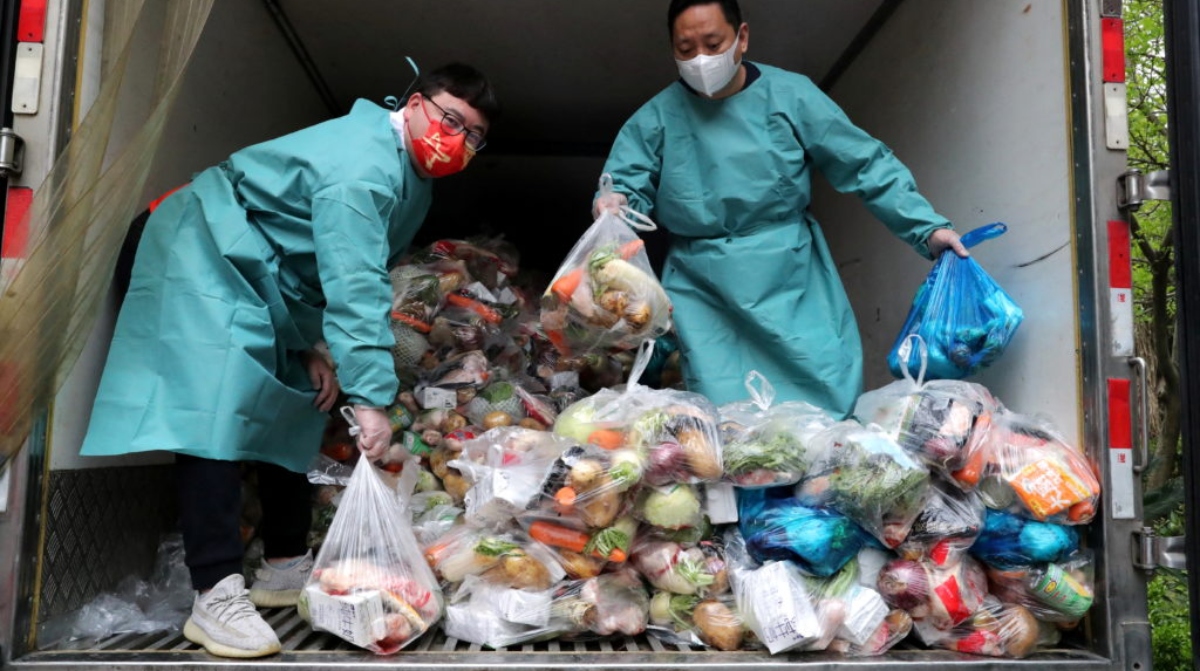
China, under the leadership of Xi Jinping, is returning to the days of Mao Zedong’s severe communism, reviving memories of Mao’s famine.
According to Federico Giuliani’s report published in InsideOver, Xi Jinping has declared it is his mission to establish China as the world’s largest superpower, yet he is repeating the same mistakes made by Mao Zedong. The fundamental reason of the famine during Mao’s reign was an ill-conceived attempt, carried out with insufficient resources, to catch up with Britain in terms of industrialization.
Federico further stated “Respected China analysts believe that Xi Jinping has reversed the economic policies of his predecessors, Deng Xiaoping, Jiang Zemin, and Hu Jintao, policies that made China affluent.”
He claims that Xi Jinping’s attempt to follow in Mao’s footsteps in the twenty-first century would fail.
Between 2003 and 2017, China’s food imports surged from USD 14 billion to USD 104.7 billion. Food exports climbed from USD 20.2 billion to USD 59.6 billion in the meantime.
However, the Covid-caused disruption has exacerbated an already dire food situation.
This situation arises at a time when China’s push to industrialize has resulted in a lopsided development and a scarcity of fertile land.
Since 1959, at least 20% of China’s arable land has been lost to industries, according to estimates. Only approximately 10% of China’s land is arable, compared to 20% in the United States.
Meanwhile, China’s food shortage is so severe that President Xi Jinping initiated “Operation Clean Plate” in August 2020, which requires diners in restaurants to finish everything they order.
There are even rumors that China is attempting to acquire land in Latin American countries in order to cultivate food for export.

